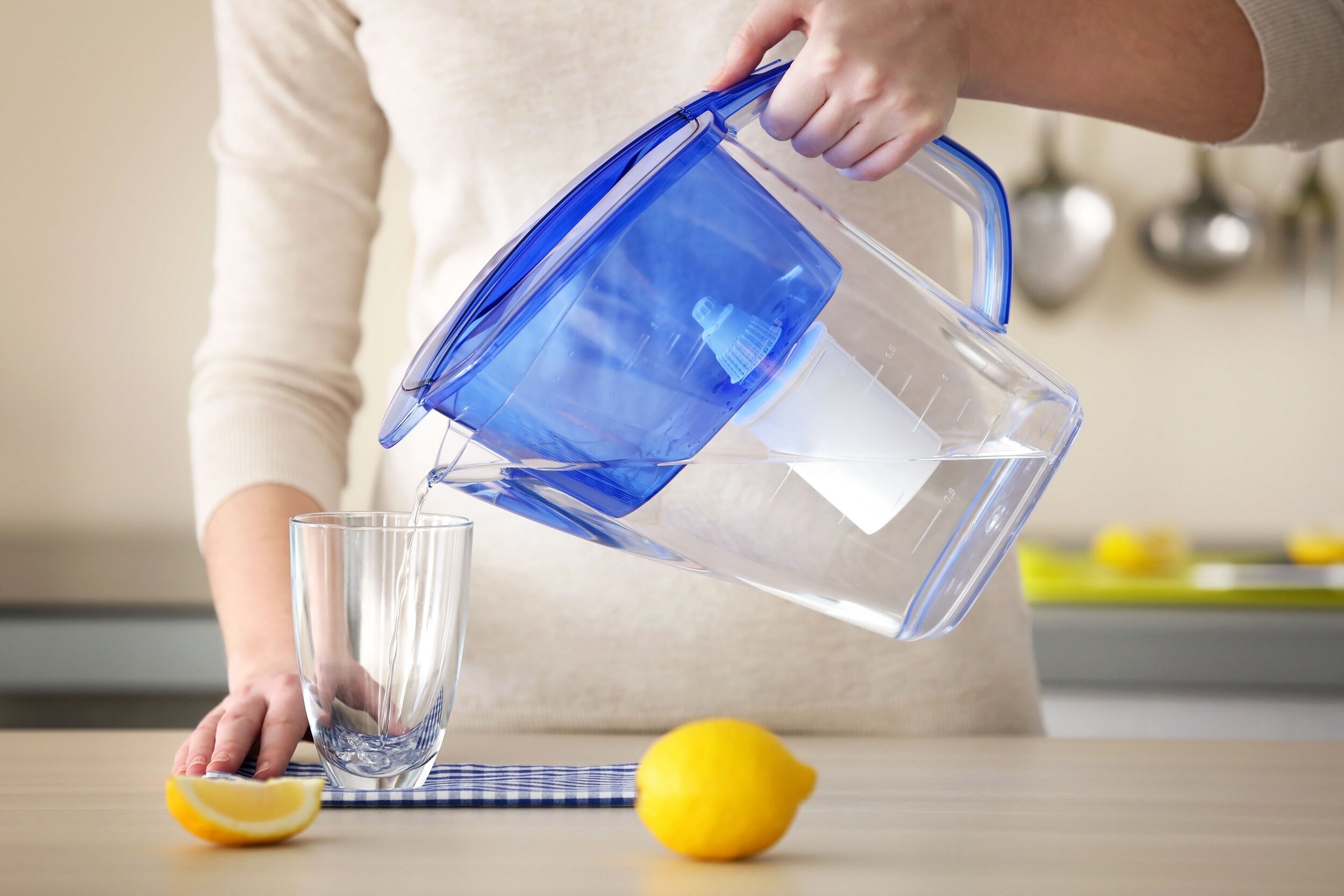Plastic Free July is a worldwide challenge hosted by the Plastic Free Foundation that takes place every year during the month of July and aims to reduce the everyday use of single-use plastic. The campaign provides resources and ideas to help individuals make small, lasting changes in their plastic consumption that could add up to substantial gains for communities over the long term. Since 2011, over 326 million people in 177 countries have participated.
In recognition of Plastic Free July, the village of Homer Glen ran an essay contest asking residents to indicate what they are doing to reduce plastic waste and their favorite ideas on solutions to the global single-use plastic pollution problem. The Homer Glen Environment Committee chose village resident Eileen Solt’s submission as the winner, which appears below. Download Eileen’s plastic-free ideas here.
CARE congratulates Eileen on her and her family’s innovative ideas and dedication to making forever changes in their everyday plastic consumption.
Here are the steps we’ve taken to reduce the amount of plastic we bring into our home, and it all started in our shower.
1 | Bar Soap
This was our first step toward awareness of how much plastic we buy, use and toss into the recycle bin on a regular basis. We thought that if we could just eliminate our liquid shower soaps and give bar soaps a try again, we’d be helping our planet. Best decision we ever made and it started us on our journey to reduce our plastic consumption well before we ever heard of Plastics Awareness Month. So, no more relying on bath gel/body wash that comes in plastic bottles with sophisticated pump dispensers that end up in the landfill (or worse, our oceans) for us! Why is it that just thirty years ago-ish it was mainstream to use bar soap? Why did we ever switch to liquid body soaps anyway? I have the fondest memories of staying overnight at my grandma’s home as a child and taking a bath in her claw-footed tub; the smell of a bar of Dove soap (her favorite) immediately takes me back to a more simple time in life. So, bar soap is back in fashion in our home!
An aside: Of course, bar soaps need to dry out so they don’t leave a mess in your shower, so a quick internet search lead me to the SoapStandle solution. While these are made out of plastic, they are a true soap saver. Your soap dries completely and there is no mess. Seriously. These make using bar soap a no brainer. All obstacles for using bar soap have been overcome in our household…for good.
2 | Shampoo/Conditioner
Our second aha moment was to question alternatives to shampoo in plastic bottles. There are many shampoo bars on the market. They look like regular bar soap, but are formulated with non-toxic ingredients and are gentle on your hair. I have only tried J.R.Ligget’s, and I love it because it is a shampoo and conditioner in one, thus eliminating two (2) plastic bottles from our shower! We are looking forward to trying others for variety sake, as well.
3 | Toothpaste
Another plastic that we use twice a day without thinking about its impact on our environment is toothpaste. We’ve discovered that there are many alternatives to toothpaste in a tube, but we never thought to question our use of this convenience item, until now. From tooth powders to tooth pills in glass containers delivered to your door, we took the first step and are trying a tooth powder from a local (Naperville), small, female-owned business called Whole Love Organics. So far, so good!
4 | Dental Floss
Continuing with items we use in our bathroom, we just ordered dental floss made from silk and it will be delivered in a glass, reusable container. Dental Lace’s founder was a former librarian. We love her story, and we are excited to try this new type of floss and thereby eliminating not only the plastic dental floss containers, but the actual plastic floss from making its way into our environment. Alarmingly, as it turns out, plastic dental floss containing PFAS, or per- and polyfluoroalkyl substances, may be toxic and linked to cancer, according to a 2019 study published in the Journal of Exposure Science & Environmental Epidemiology. Who knew?
Moving to our kitchen, we looked at all of the plastic bottles that go into the recycle bin and then go where…hmmm?
5 | Kitchen Sink Hand Soap
Especially with Covid-19, we are all washing our hands like crazy. Here’s a consumable that even if you buy the large, refill containers, it’s all about plastic. Is there an alternative, we asked, to plastic hand soap? In sharing this thought with a friend, she said she saw a company that had a solution, and it was love at first site for us. Blueland.com will ship little pellets that look like Alka-Seltzer™ tablets to your home for about the same price as buying hand soap refills. Better for the environment and on budget, we’ve been using the hand soap for two months already and a little goes a long way. You buy a foaming, glass dispenser along with your first soap tablet order. The foaming soap lasts a very long time, much longer than regular liquid hand soap, and it comes in three scents. Each fragrance is light and lovely. We just placed an order for more dispensers to use in our bathrooms and laundry room.
6 | Dishwashing Liquid
So grateful to see Blueland.com expanding its products to include a powder dishwashing solution. This is also on its way to our home for us to try!
7 | Dishwasher Detergent
Another save by Blueland.com. They came out with tablets that are eco-friendly all around. None of their products are wrapped in plastic, and they are delivered in recyclable cardboard. Their refill tablets come in compostable packaging and shipped in paper padded mailers made from 77% recycled fibers.
On to our clothes.
8 | Laundry Detergent
We next looked at our laundry detergent use. Years ago, we stopped using fragranced laundry detergent. Then, we started to buy plant-based laundry detergent. Now, thanks to increased awareness of plastic pollution, we discovered just today, that Blueland.com has come out with a laundry tablet, too. We are anxiously awaiting our order to arrive to give this product a try. We are also becoming more aware of our carbon footprint. The amount of waste to bring these heavy, liquid-filled containers to market must also be brought to people’s attention. We all have so much to learn, and we all must be responsible for our actions. No more excuses!
Other ways we are reducing our dependency on plastics:
9 | Straws
We just purchased Manna stainless-steel straws in a carrying case to keep with us for use when we are on the road. We will just say “no” to straws from here on out!
We are committed in our household to taking every step possible to eliminate the plastic we bring into our home, so that we do our part to eliminate the demand to create more plastic in its place. By doing so, we are also reducing our carbon footprint on this plant, too. All of the items mentioned above are a start for us. We know we have a long journey ahead, but we know our actions will make a difference. To quote Dr. Sandra Steingraber, biologist and cancer survivor, “Just get started.”
Thumbnail/banner image by j.chizhe on Shutterstock


